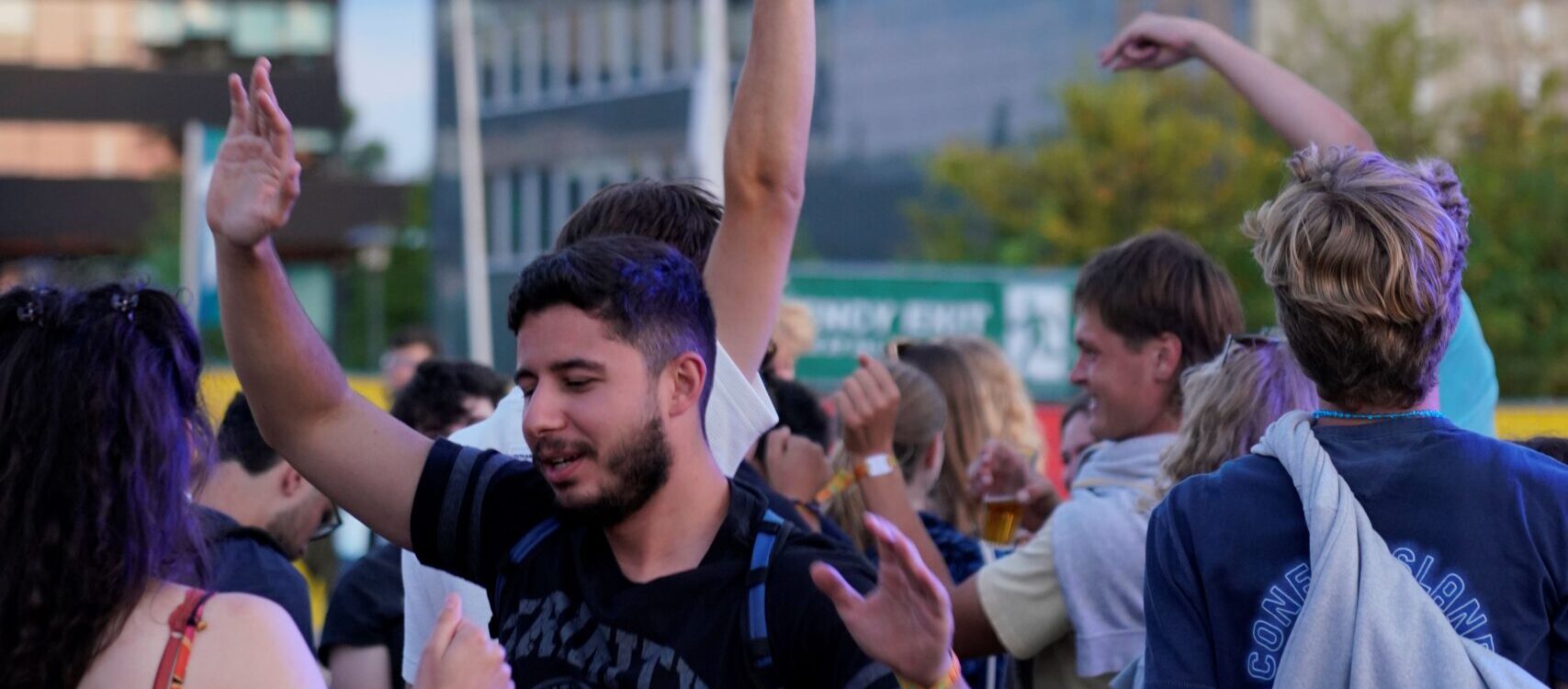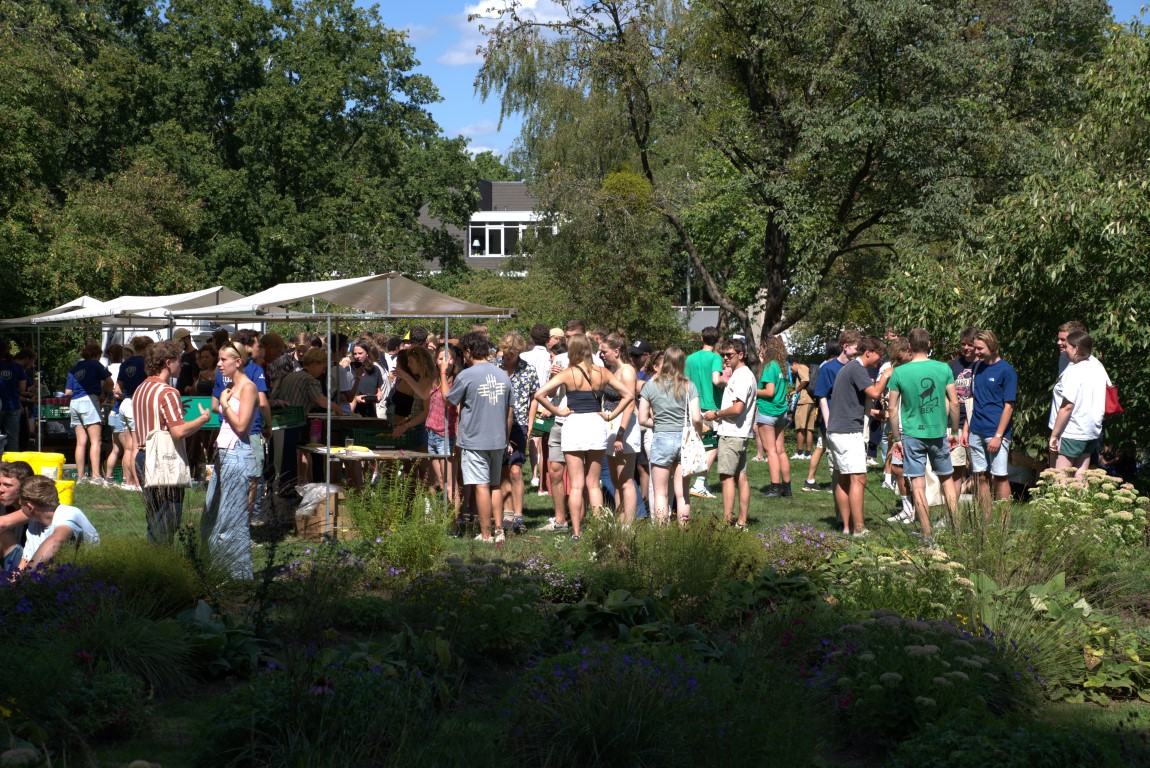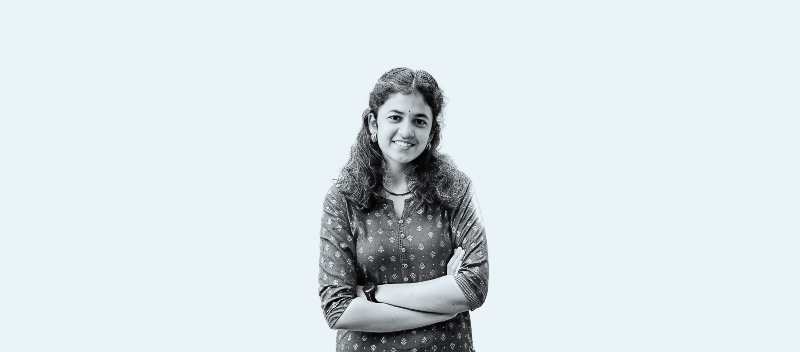To strengthen their bond with nature, Forest and Nature Conservation lecturer Koen Arts and his wife Gina slept outdoors in a tepee for a year. He describes their experiment in his book Wild Jaar (Wild Year).
Koen Arts grew up in the Brabant countryside and knew from an early age that he wanted to do ‘something to do with forests and nature’ when he grew up. As it turned out, he studied Forest and Nature Conservation at Wageningen, and he’s been working here since 2015. But as his career progressed, his bond with nature gradually weakened. Realizing this let him to a radical remedy: a ‘wild year’. Sleeping outdoors for a year and spending at least half his time outdoors too.
Wasn’t your wild year primarily an attempt to go back to being that little boy who wanted to be a forester?
‘Yes, I think it was. It was based on a strong romantic longing for an experience of nature, there’s no denying that. And that longing gets stronger for me if I’m indoors a lot. I spend 95 per cent of my working hours at my laptop. A lot of our students are fired with enthusiasm for nature conservation and long to do something good for the world. That’s how I started out too. And by now I was mainly just talking about nature. That was a major motivation for the experiment.’
Your definition of wildness is the uncontrollable. Was your wild year really so wild?
‘In many ways it was. By sleeping out of doors you shift your boundaries. Take the cold: being cold colours your experience of nature. As soon as you’re cold you can’t enjoy yourself anymore. You’re preoccupied with your body. If you spend a lot of time out of doors it confronts you with the limitations of your own body. The first thing you need is warmth. And that means fire.’
Did you rediscover fire?
‘Yes. When we think of nature we think of biodiversity, trees and forests. But fire is part of nature too. Fire is essential. If you live outdoors, you’re busy with fires a lot of the time. Collecting wood, splitting it and making your own firelighters. Fire structures your evenings. What’s more, fire changes a dark cold place into a home and provides a psychological boost. It warms you up and makes you feel safe, and you can’t stop looking at it. If you have a fire you don’t need Netflix.’
But surely you don’t have to go into the woods to experience that wildness?
‘No, you can do it in your own back garden. You’ll hear an owl there at night too, oystercatchers will fly by or frogs will cross your path. That is the hopeful message of this experiment. You can do it anywhere, even in the city, by sleeping on your balcony, for instance, or opening the windows wide. Another aim of the experiment was to find wildness in a country that doesn’t have any wilderness. How do you go about looking for that? Which buttons do you have to press? That is exactly why we camped not just in the wild on the Veluwe plateau but also in our back garden and various interesting, hybrid places where nature and culture come together.’
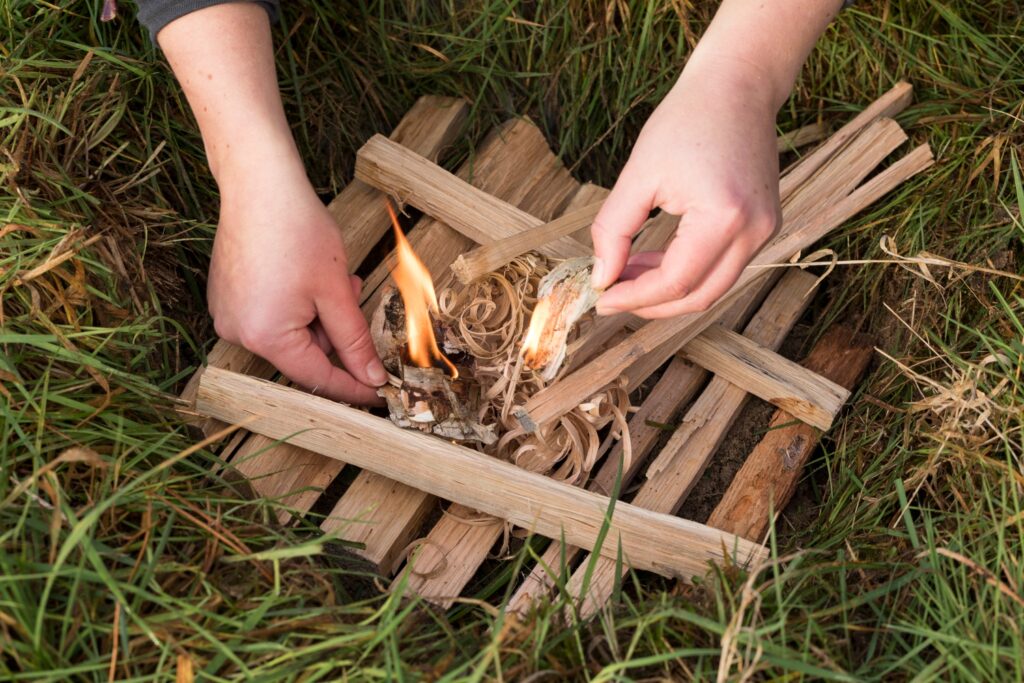
So you don’t really need a wilderness for a wild year. What do you need?
‘You need to want to push your boundaries. You need to approach the nature around you in a slightly different way. In the Netherlands we know exactly where the nature is. We put fences around it and put up signs with all kinds of rules that apply there. That is the kind of nature where we take a walk on a Sunday. The experience of nature you get there is very much in a straitjacket. To get a different experience, you need to find access to nature in a different way. At dusk, for example, or at night.’
In your book you propose abandoning the strict distinction between culture and nature. What do you mean by that?
‘That distinction runs through the entire history of nature conservation. Nature versus culture sounds harmless enough but it isn’t. It’s a very bloody distinction, actually. The first national parks in America in the 18th century were established at the expense of the indigenous communities. Thousands of people were evicted from the parks because the idea was that nature had to be empty. We’ve still got that dualism.’
Nature versus culture sounds harmless enough but it isn’t
‘As long as nature remains something abstract and romantic, it can never become part of daily life, and as a result, our bond with nature is not as strong as it could be. And that is reflected in problematic issues such as our ecological footprint. To give a specific example: stoking a wood stove is linked to an experience of nature whereas fiddling with your thermostat is not.’
Are we too addicted to comfort?
‘Yes, I believe so. Comfort is extremely attractive. There are many good arguments for comfort, but it ends up leading to routine, laziness and dullness. Comfort makes your world smaller and I think you should always try to make your world bigger. Which isn’t always easy. Spending the night outside in the winter is cold. But it’s just like jumping into cold water: once you get used to it and you get out again, you feel great and very happy.’
Is being outdoors addictive too?
‘Definitely. Gina and I still try to be outside a lot. Not because we have to but because we want to. Now, with a newborn baby, we’re in a period when it’s harder to go outdoors. But that will change quickly. Children have an inborn fascination with nature. And they give it a whole new dimension as well.’
‘If my two-year-old daughter sees acorns she starts collecting them, so we collect acorns together. That makes me look at acorns in a whole new way. How you experience nature depends a lot on your age, the phase of life you’re in, and how you’re feeling. For a young child, a park can feel like a very wild place, while for someone else it’s just a place to walk the dog.’
What is the most important lesson you have learned from your year outdoors?
‘Even with a busy job and lots of obligations, in a country with 17 million people and no wilderness, you can really connect with nature. Anything is possible, even during a lockdown. Nature doesn’t have to be just scenery, which you look at with your hands in your pockets. That is not satisfying. Do something. Follow a trail, pick a mushroom, or make a fire. Open a window and watch the birds fly past. What do you smell? What do you hear? That kind of sensory experience of nature is important.’
New course
Students will soon be able to take a course on ‘going wild’ with Koen Arts. He is currently setting up a course called Anthropology of Basic Nature Skills, combining theory and practice.‘The idea is to go into the woods with students and use the experience as the basis for reflecting on the anthropological significance of fire, sleeping outdoors, and other nature-related skills. I want to link this up with transformative learning. I think that’s going to become much more important in the next 10 years. That cross-fertilization between environment and learning worked very well for us. Being outside made me more creative and more productive. It would be interesting to do research on that. Are students more productive if they study outside as well? Do they get a better command of the material?’

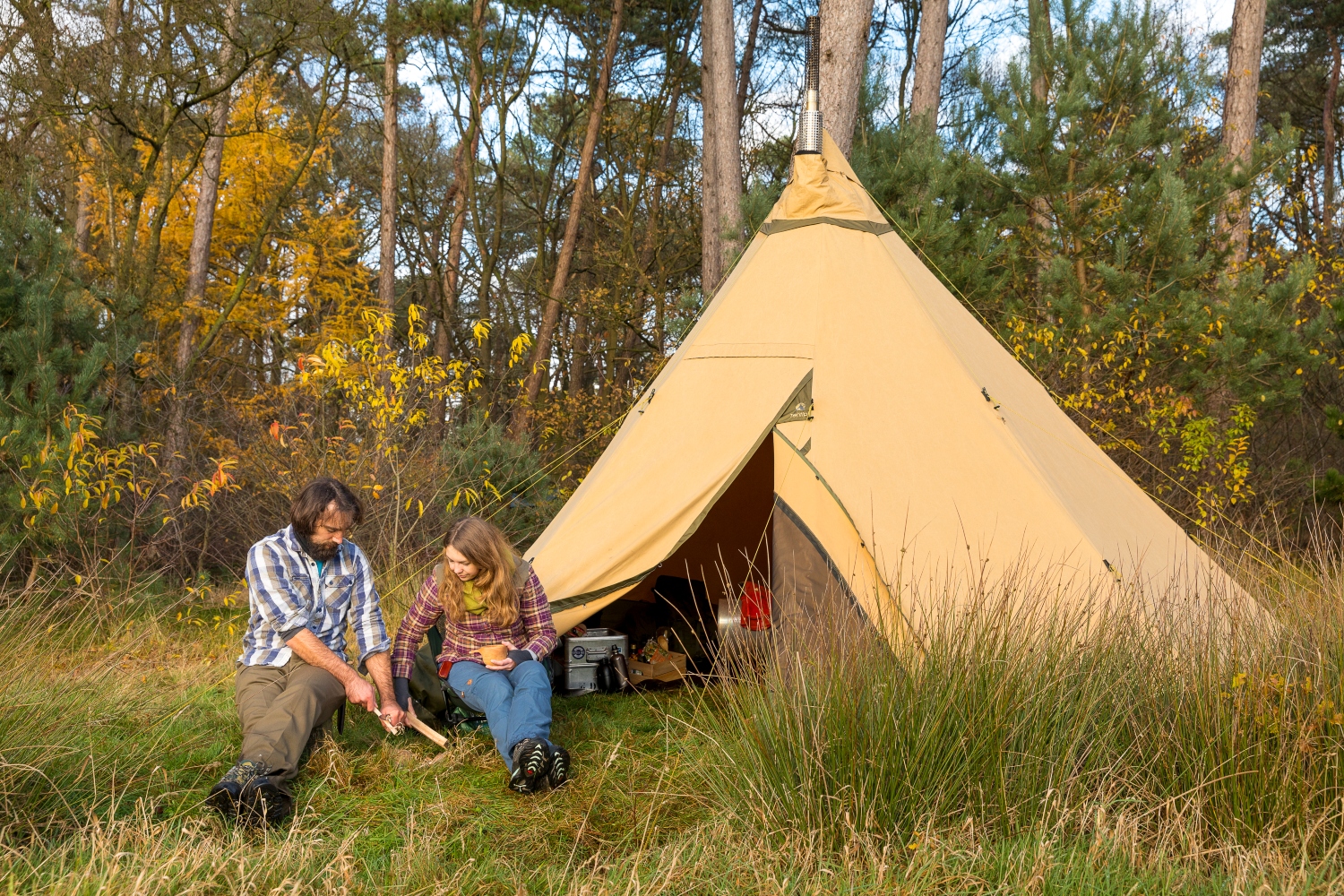 ‘Comfort ends up leading to routine, laziness and dullness.’ Photo Otto Kalkhoven
‘Comfort ends up leading to routine, laziness and dullness.’ Photo Otto Kalkhoven 